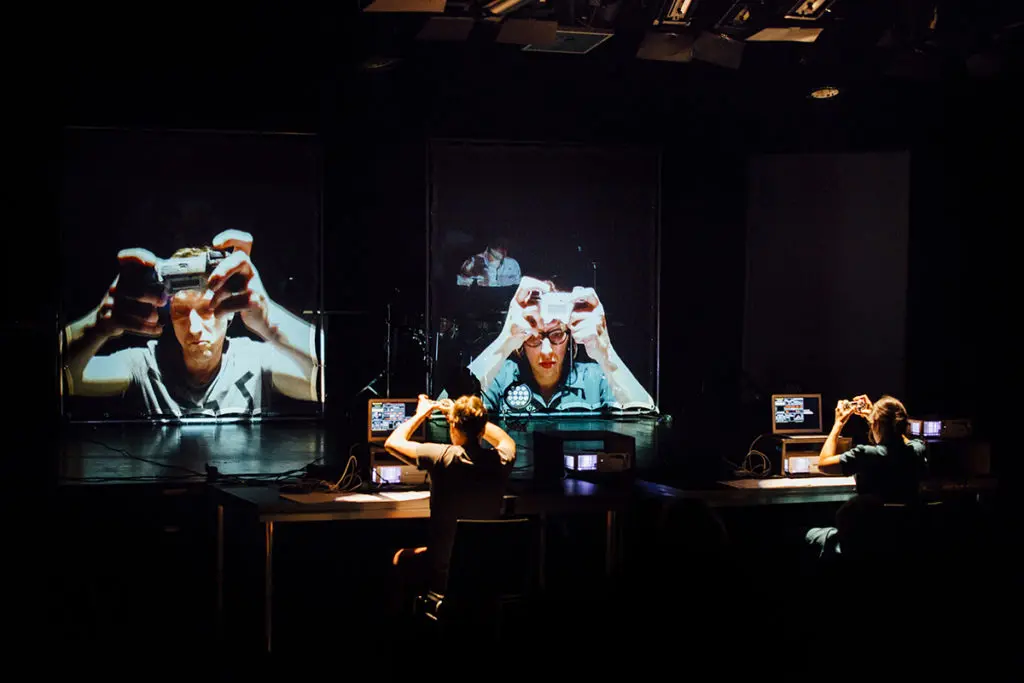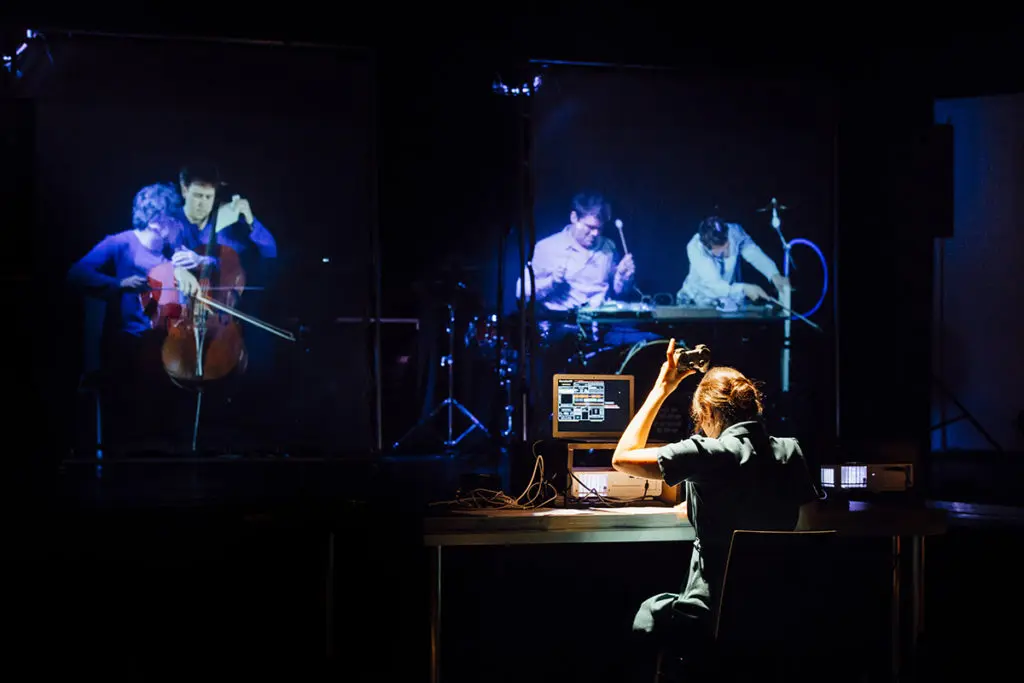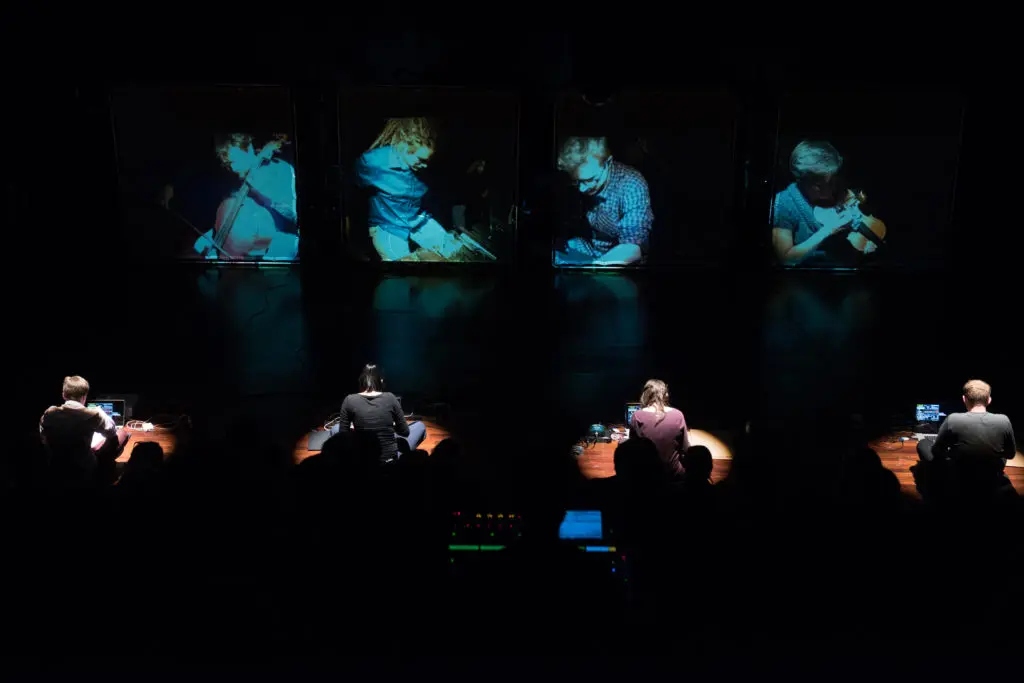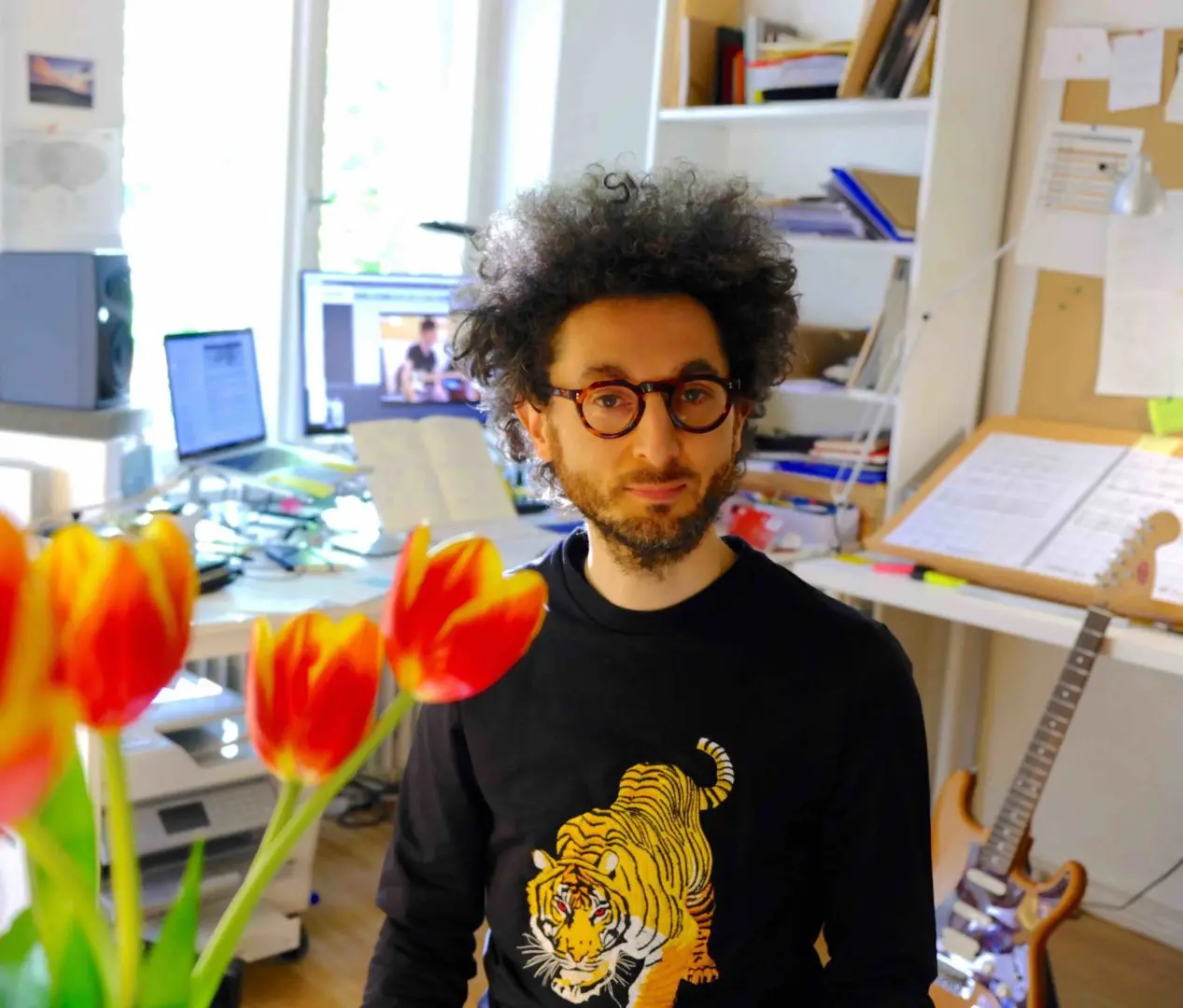Dit is een oorlog die wordt uitgevochten door de eerste Playstation-generatie', dat zijn de woorden van Evan Wright in zijn boek Generation Kill waarin hij verslag doet van zijn ervaringen tijdens de invasie in Irak in 2003. Een paar jaar later hadden smartphones, webcams en sociale media een enorme invloed op de realtime, veelzijdige wereldwijde overdracht van de Arabische revoluties in 2011. Beide beïnvloedden Stefan Prins bij het schrijven van zijn compositie Generation Kill waarin hij zich afvraagt hoe we ongevoelig worden voor geweld in videogames en het echte leven als het kan plaatsvinden met afstandsbediening, vanuit onze comfortzone.



Alex Ross ("Blunt Instruments. Young European Composers go to Extremes in Donaueschingen”, The New Yorker, Nov 12, 2012, www.newyorker.com)
"Niets maakte meer indruk dan 'Generation Kill', een explosieve synthese van live en elektronisch geluid door de Belgische componist Stefan Prins. In een programmatoelichting vertelde Prins dat hij had nagedacht over kruispunten van technologie en wereldwijde conflicten: Amerikaanse soldaten in Irak die zichzelf oppeppen met videogames, opstandelingen van de Arabische Lente die communiceren via Facebook, drones die op afstand worden bestuurd. In plaats van zulke zwaarwegende thema's op het oppervlak van een werk te plakken, vond Prins een manier om ze organisch te belichamen. Vier leden van het Nadar Ensemble, die viool, cello, elektrische gitaar en percussie spelen, zaten achter transparante schermen; tegenover hen stonden vier performers met PlayStation videogamecontrollers. Met deze apparaten konden niet alleen geluiden maar ook beelden worden opgenomen, afgespeeld en gemanipuleerd: de spelers moesten opboksen tegen over elkaar heen liggende, soms versnelde videoprojecties van wat ze even daarvoor hadden gedaan. Het resultaat was geestverruimend, en niet op een druggy, gelukzalige manier. Zoals de componist het bedoeld had, was het verontrustend moeilijk om te onderscheiden wat echt en wat virtueel was. De musici zaten gevangen in temporele lussen, alsof Philip K. Dick een roman over kamermuziek had geschreven. Instrumentale timbres werden vervormd in de richting van glitchy noise, zoals veel recente Europese muziek, maar de uitbreiding van speeltechnieken bereikte een soort viscerale precisie. De cellist voerde een aantal schurende cadenzen uit met een geplet bierblikje tussen de snaren en de violist plakte aluminiumfolie op de brug van haar instrument. Het geluid klonk woestijnachtig hard, in overeenstemming met de focus op het Midden-Oosten. Tot twee keer toe onderbrak Prins alle muzikale activiteit om die focus duidelijk te maken: we hoorden krakende radiostemmen over "collateral damage" en zagen inwoners van een naamloze stad wegrennen van een Predator drone.
Deze vertoning van spastische bijna-genialiteit was, tot mijn verbazing, een van de werken die een kreet "Saai!" ontlokte. Ik wilde de demonstrant vragen wat zijn interesse had kunnen wekken. Muziek voor versterkte lobbytoiletten? Een stuk waarin een orkest dronken wordt van Fürstenberg bier en alles in de vernieling helpt? Volgend jaar misschien."
Credits
Scenografie: Marieke Berendsen
Vooraf opgenomen video-opnames van muzikanten: Kobe Wens
Max-patch programmeren: Josiah Oberholtzer

